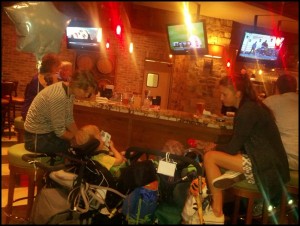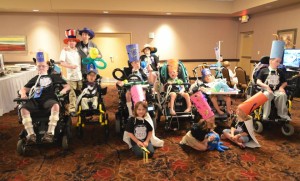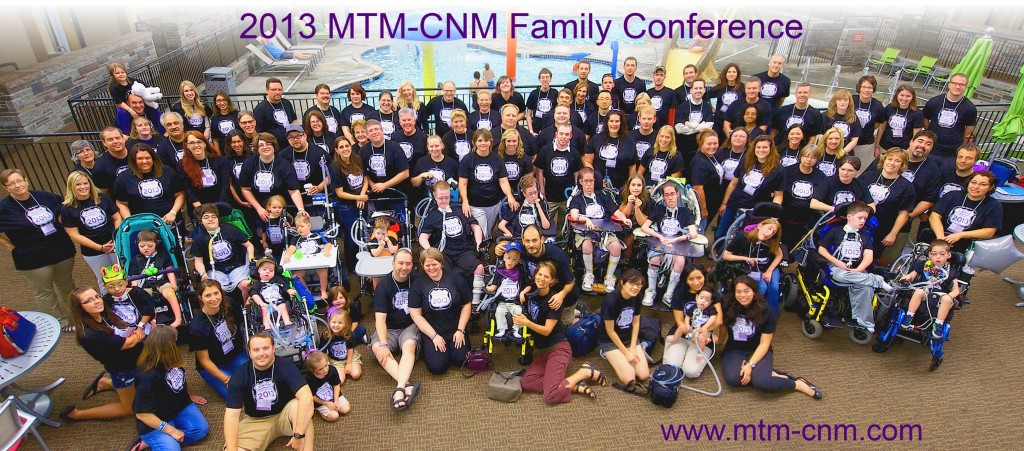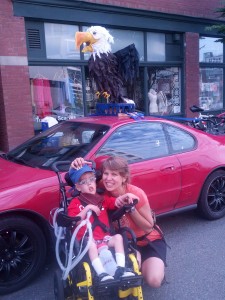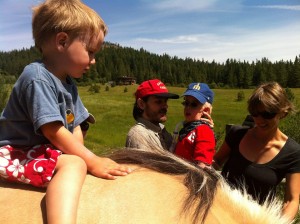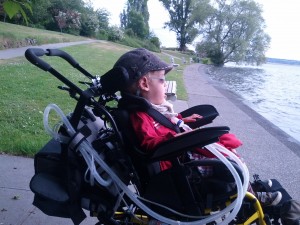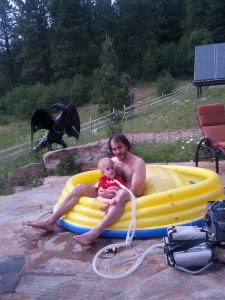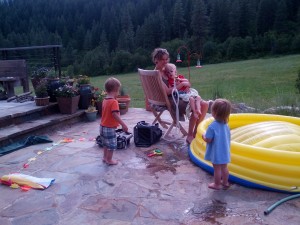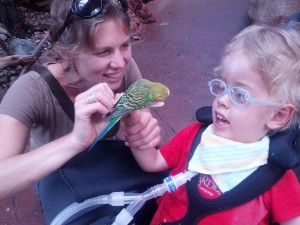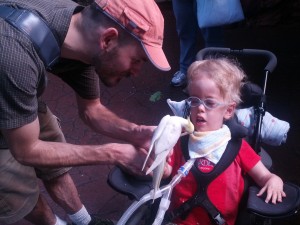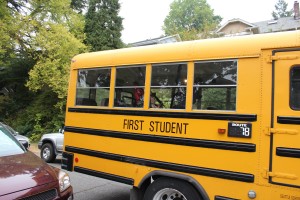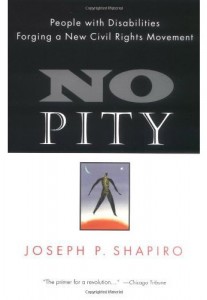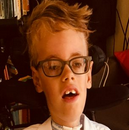Uniquely Lucas (Oct. 21)
(Burke writing) We’ve been trying for a while to post something about all the cool things Lucas has been up to the last month… and by extension, all the cool things we’ve been able to do with him lately. That particular post is in draft mode as we’ve been too busy to finish. But in the meantime I feel like talking about something else that’s been on my mind related to Lucas.
You see, despite all of his amazing feats and progress, it’s still really hard to communicate with Lucas these days. And sometimes when friends visit who have read all of our positive, uplifting blog posts — but haven’t met Lucas or seen him for a long time — we want so bad for there to be a good interaction, and they want it too… but, well, Lucas is a bit ambivalent about the whole thing. And that can be hard.
We’ve talked before about his unique way of communicating: he rarely responds to direct questions unless repeated multiple times; he won’t talk about feelings or emotions; he seems uninterested or unaware of the “why” questions that most kids his age ask repeatedly; and more often than not he’d just assume get to reading a book or doing a puzzle. All of this makes it very difficult to have an actual conversation with Lucas, beyond a few back and forths that often feel pre-rehearsed.
Sometimes we forget about all of this because Lucas is so smart and so funny… and overcoming so many obstacles to even communicate at all! And, his ability to communicate really has improved a lot of late. But still there are times its frustrating because we know that he has so much potential to interact and yet for some reason chooses not to. A few times over the last few weeks this has come through when we’re with friends who really want to get to know Lucas. They ask him questions and do their best to make a connection based on what they know about him. At best, any conversation has to be facilitated by the two of us; more difficult is when even our facilitation doesn’t break through the apparent communication barrier. In those cases, we acquiesce, letting Lucas turn to the “other side!” as he demands (with his head pointed away from the action and toward the backrest of the couch) so that he can read a book, do a puzzle, or play with the iPad “by yourself!” (He still prefers using the second person “you” when referring to himself which also makes for tough communication.)
It recalls up for me some really poignant, though hard, conversations that I had recently in a special needs dads support group. Granted, the kinds of disabilities our kids face are all over the board, and yet at the same time there are some intense commonalities of experience. A number of dads with older kids talked about how at a certain point it became apparent that their special needs kids (in contrast to their typically developing kids) weren’t getting invited to many play dates, or birthday parties, or activities that involved bringing families with young kids together. And that was hard. Krista and I feel very fortunate that we have a family and community here in Seattle that love Lucas and seek to include him. But the fact of the matter is, he’s hard to include. Often that’s because of his wheelchair, and trach, and vent, and suctioning, and all the gear we have to lug along to even get to a gathering. But it also has to do with his communication and the challenge, and sometimes awkwardness, of including him.
Part of our emotions around this go back to the recent passing of one of Lucas’s MTM buddies, Matteo. As we shared in our last post, his parents have been so amazingly open in writing about their son’s death, and displayed such intense love for him, that every time we read something on Facebook it brings a flood of emotions. His dad’s eulogy, posted yesterday, hit me hard… not just because I could imagine myself having to write something similar about Lucas sometime in the future. But also because it struck me how much Matteo was like Lucas… quirky in his communication, very difficult at times to read and understand, and yet deep down, an amazingly vibrant human being. Perhaps the tragedy is that too few people get to really know the likes of Matteo and Lucas. In that sense, Krista and I, as well as Donald and Nancy (Matteo’s parents), are extremely fortunate. We spend so much time with the beautiful enigma that is our child that we get to truly know all that he encompasses. And still, its hard to know that others aren’t quite so fortunate…
